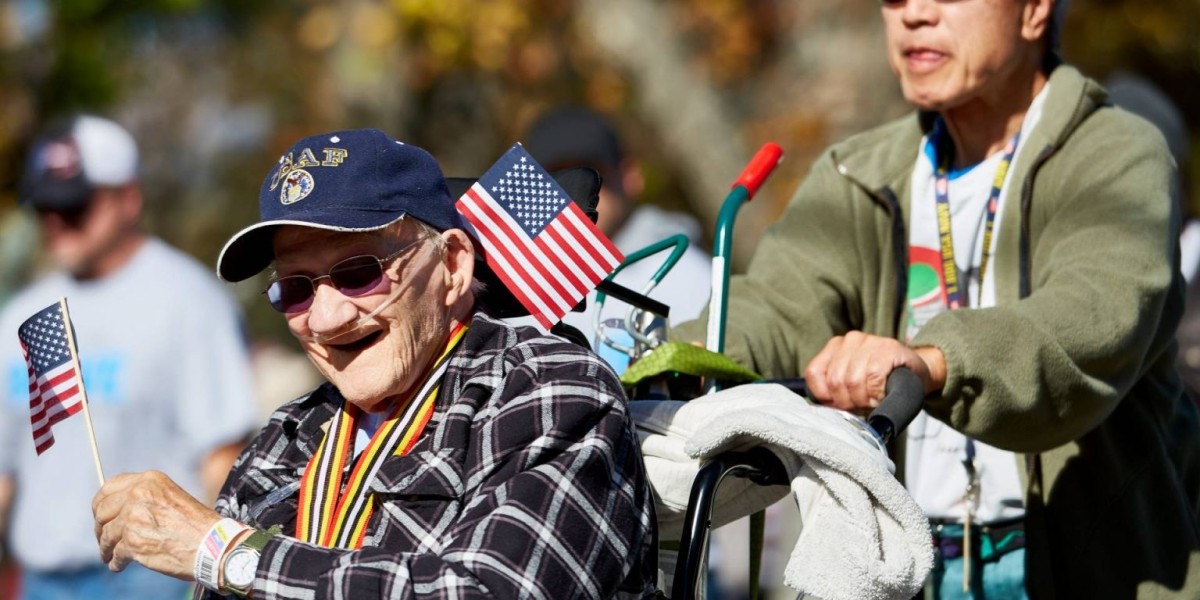As veterans age, many face the challenges of dementia, a progressive condition that affects memory, thinking, and behavior. Providing specialized veterans dementia care is essential to ensuring that those who served our country receive the respect, compassion, and personalized support they deserve. Veterans often have unique needs due to their service-related experiences, and dedicated dementia care addresses these needs while preserving their dignity and quality of life.
Understanding the Importance of Veterans Dementia Care
Veterans dementia care is more than just providing medical assistance. It involves creating an environment where veterans feel safe, understood, and respected. Many veterans have experienced trauma or stressful environments during their service, which can make dementia care more complex. Specialized care for veterans not only addresses the symptoms of dementia but also considers their emotional, psychological, and social needs.
The effects of dementia can vary widely, from mild forgetfulness to severe cognitive impairment. Veterans with dementia may experience confusion, mood swings, and behavioral changes that require skilled, patient, and compassionate care. Having caregivers who understand the specific challenges faced by veterans is crucial in providing care that meets their unique needs.
Tailored Dementia Care for Veterans
The most effective dementia care for veterans involves personalized care plans that take into account each individual’s medical history, service background, and current health condition. These care plans are designed to manage symptoms, improve daily functioning, and provide emotional support. For example, creating a familiar routine or using therapeutic activities related to a veteran’s service can help reduce anxiety and promote a sense of calm.
Veterans often benefit from caregivers who are trained to handle service-related conditions such as PTSD, which can sometimes accompany or complicate dementia. Incorporating this knowledge into care plans allows for a more holistic approach, ensuring the veteran's mental health and emotional well-being are prioritized alongside their physical care.
Dementia Education for Families and Caregivers
Dementia education is a critical component of providing quality care for veterans. Educating caregivers and families about the nature of dementia and how it affects veterans specifically helps create a more supportive environment. Caregivers who are well-versed in dementia’s stages, behaviors, and progression are better equipped to handle difficult situations and provide more compassionate care.
Family members are often primary caregivers for veterans with dementia, and understanding the condition is vital to reducing stress and ensuring that both the caregiver and the patient receive the support they need. Dementia education helps families recognize early signs, learn how to manage difficult behaviors, and access resources such as support groups and respite care. It also fosters empathy, helping families better understand what their loved ones are experiencing and how to respond with patience and kindness.
The Role of Dementia Caregiver Support Groups
In addition to education, support groups for dementia caregivers can provide emotional relief and practical advice. These groups allow caregivers of veterans to share their experiences, learn from others in similar situations, and gain emotional strength from the collective wisdom of the group. Caregivers often feel isolated or overwhelmed by the demands of dementia care, and support groups provide a lifeline for those looking to connect with others who understand their challenges.
Honoring Veterans with Dignified Dementia Care
Providing veterans dementia care is about more than just managing a medical condition—it’s about honoring those who have served by giving them the best possible quality of life in their later years. Whether through specialized care plans, dementia education for families and caregivers, or emotional support through caregiver groups, dedicated care for veterans ensures they receive the respect and care they deserve.
By understanding the unique needs of veterans with dementia, caregivers can provide compassionate, skilled care that preserves dignity and independence while ensuring safety and comfort. For veterans, this type of care not only manages the symptoms of dementia but also enhances their emotional well-being, creating a more positive and fulfilling life experience as they age.


![Forklift Battery Market Size, Share [2022-2028] | CAGR of 35%](https://thewion.com/upload/photos/2023/07/HxuUZ2AuMF9WXhOoRkkU_26_6fc1c5de78391c2a6178f2ce034f613f_image.png)